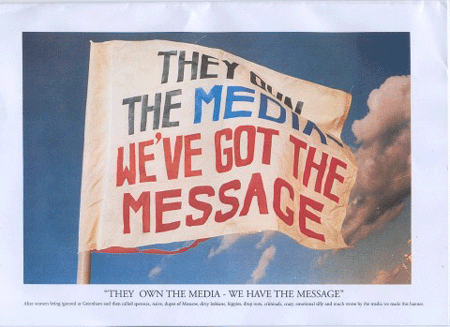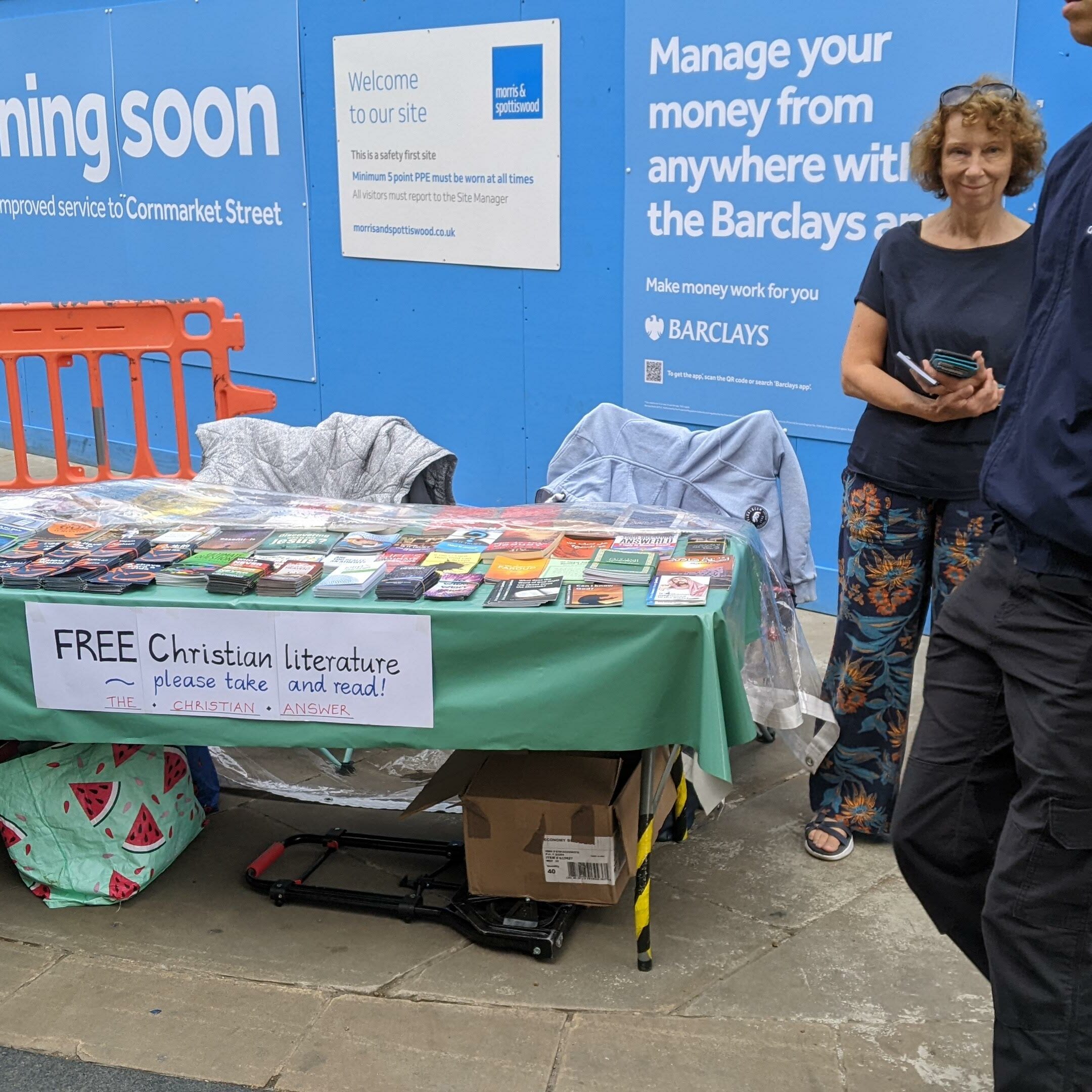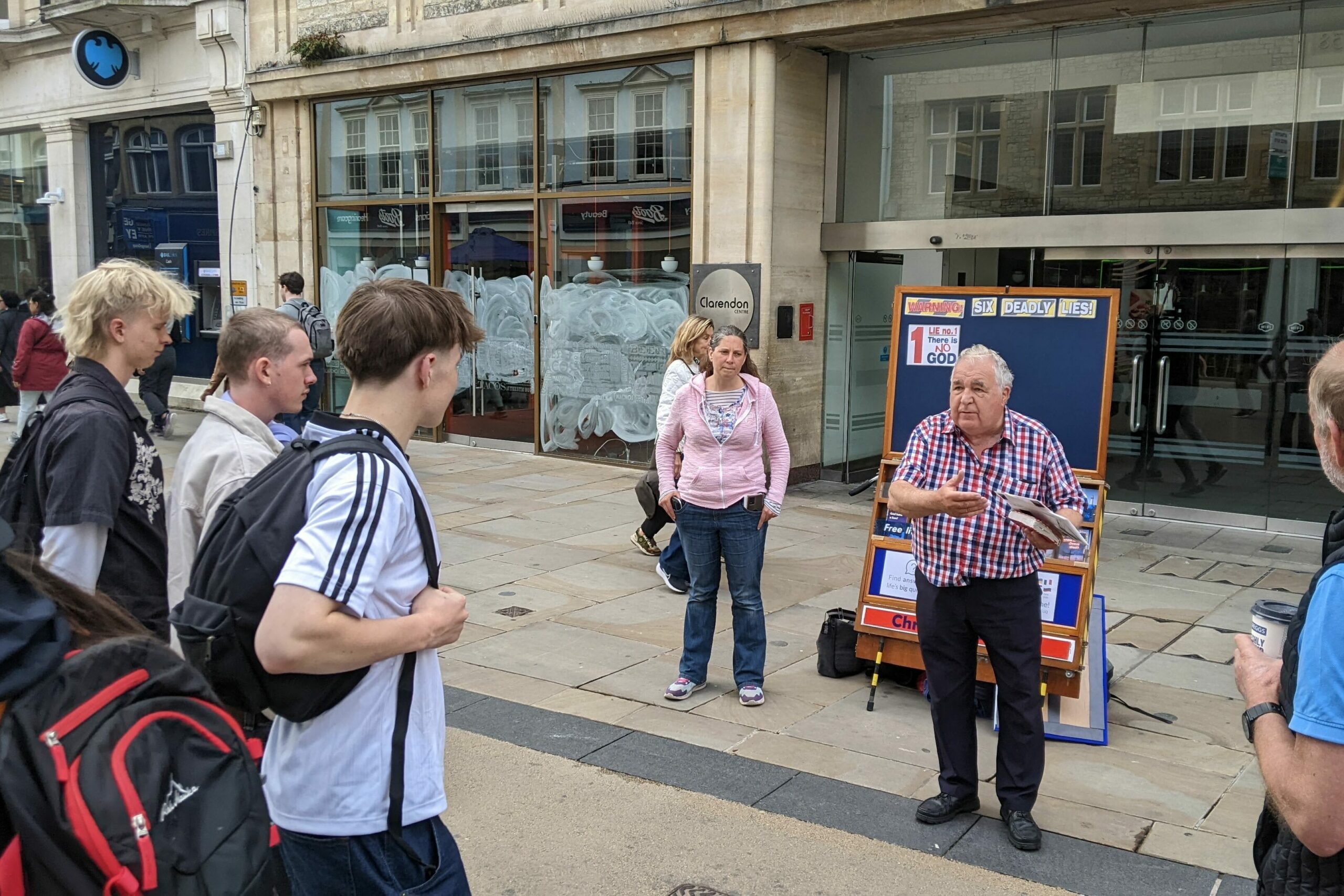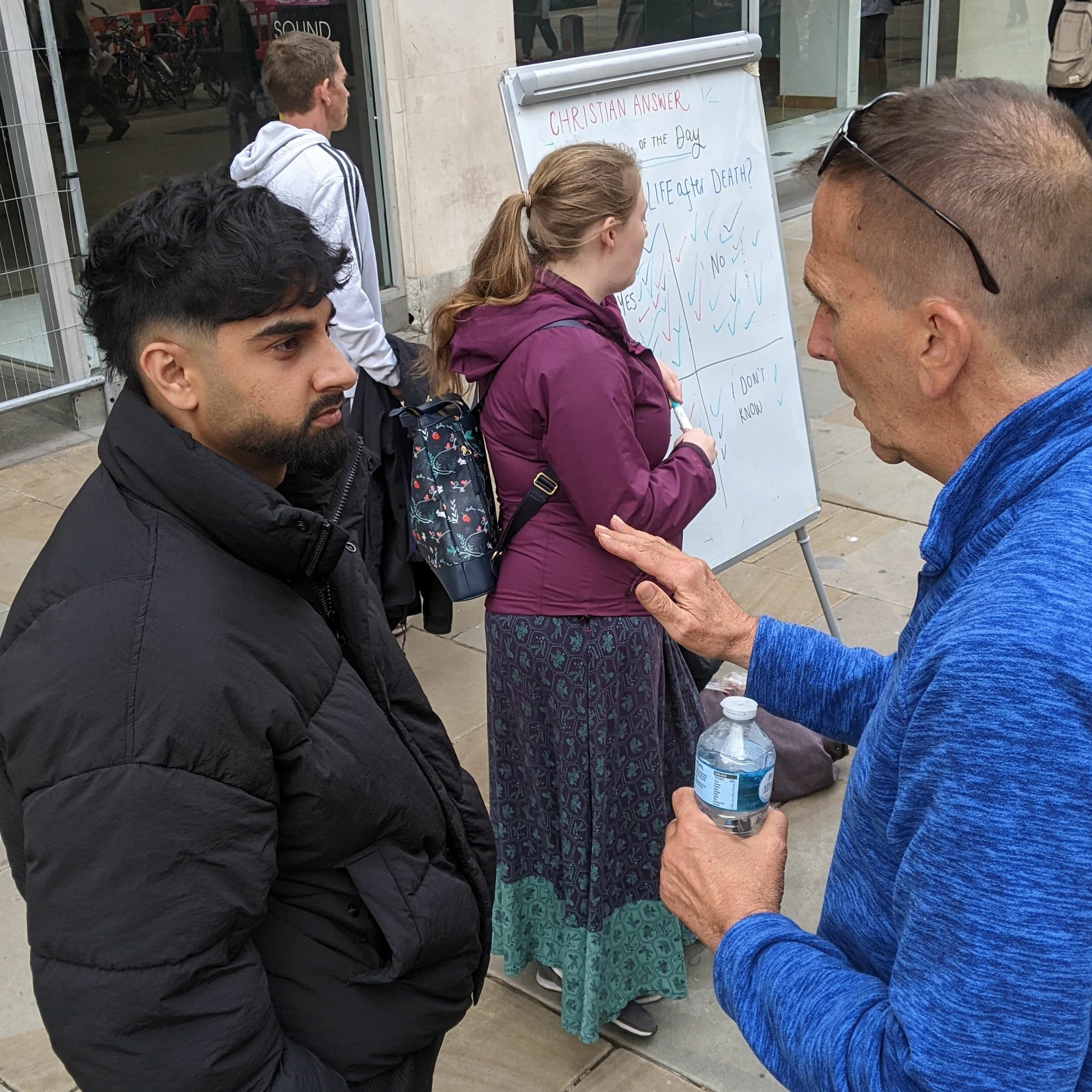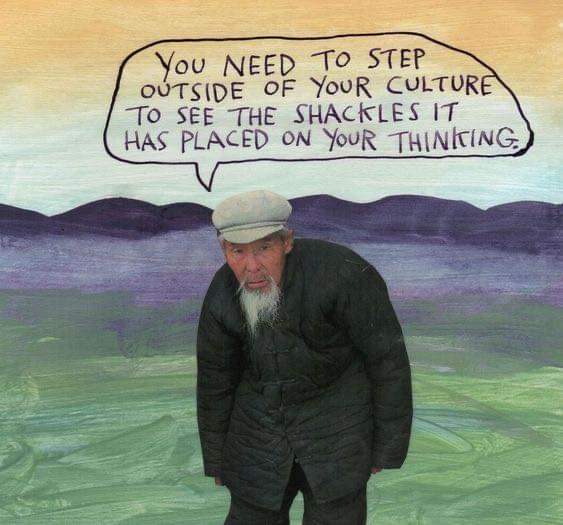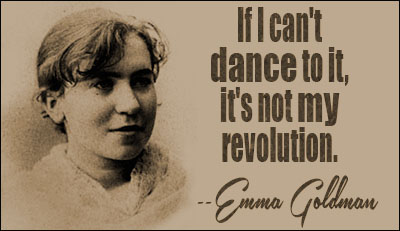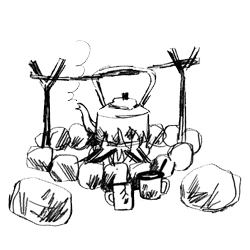Because power matters, and power is never given – it’s taken, built, and at its best, shared. That’s why we care. That’s why the #Fediverse matters.
Let’s rewind: Private property wasn’t born from reason or consensus. It came from someone with a club drawing a line in the sand and saying:
“Cross this, and I’ll kill you.”That’s the origin of power in the current #mainstreaming paths – violence, enclosure, and exclusion. This is not the foundation of the #Fediverse.
The Fediverse flows from a different source, built in open, social webs, where the lines we draw are “blowing in the wind.” Yes, a lot of people don’t get this. That’s why they try to jam it back into old models: branding, control, platforms, “governance,” and “best practices.” They want order. They want power they can hold.
But here’s the thing, There is such a thing as society, and we need to build tools that reflect this, not deny it. The beauty, and challenge, of the #Fediverse is that there is no central governance.
And that’s a good thing. Because it means we aren’t trapped by legacy systems of control. We don’t have to fit into the broken economies and top-down paths that dominate the “real” outside world.
The Fediverse was born from the “cats” of libertarianism and anarchism (without the [O]). And in this space, we have the radical opportunity to build different, native paths, based in trust, mutual aid, and the #4opens. But to keep building this, we have to compost the mess pushing: People pushing “common sense” corporate-style governance are part of the problem, they want to tame the wild, they want hierarchy where there should be networks, they want control where we need flow.
To be native to the Fediverse, we have to stop importing “common sense” control systems. Instead, we must use code – and culture – to build native #openweb society. Tools that empower. Processes that are messy, open, federated, and yes, hard to define. Organizing for community empowerment need to embed anti “common sense” in the same way the Fediverse is anti-enclosure. Because if we forget this… We don’t build a better web, we just recreate the old one with new colours. Let’s not just repeat history, let’s not draw new hard lines in the sand with the same threat of old clubs. A step away from this is to build bridges, not borders.

It would be helpful to talk about the industrial-scale air freshener being sprayed to mask the stench of collapse. An example, while Gaza burns and genocide unfolds in real time, too many on the soft left are busy sniffing their own ideological mess.
“Oh, but they used a plane once…”
“Oh, that project isn’t perfect, so let’s not support it at all…”
“Oh, their anti-Nazi message is just a header image. That’s clearly useless propaganda…”
This is troll logic. This is #psyop brainrot, it’s weaponized idealism used to undermine action.
“Sure, they’re doing good - but not perfect. So discredit, disengage, demoralize.”It’s the tactic troll farms use on the #dotcons to feed manipulative, because it appeals to insecure egos and a culture soaked in #stupidindividualism, where the look of moral “purity” is more important than building power, solidarity, or impact.
And too many fall for it, because they don’t see it for what it is: A feedback loop that leads nowhere. A stalling tactic. A demobilizer. It’s not accidental, it’s designed to stop us acting.
It’s strategic passivity masquerading as moral high ground.
“Don’t link to that, it’s not flawless.”
“Don’t share that resource, the font is ugly.”
“Don’t support that campaign, they once took a selfie on a plane.”Are you serious? While people are being murdered by states, you’re sniffing out aesthetic imperfections? Here’s #KISS:
Nobody wins by demanding perfection.
Nobody builds movements by tearing down every action.
Nobody helps anyone by blocking solidarity and smearing efforts.We need to focus attention, not fragment it. We need to act in coalitions, not purity circles, we need to smell the rot, not cover it with ideological air freshener. Because this isn’t a game, it is about #powerpolatics, and how it’s wielded or lost. And while you troll your own side for imaginary infractions, the fascists are laughing – and organizing.
Please, please try and STOP being a prat, thanks.


